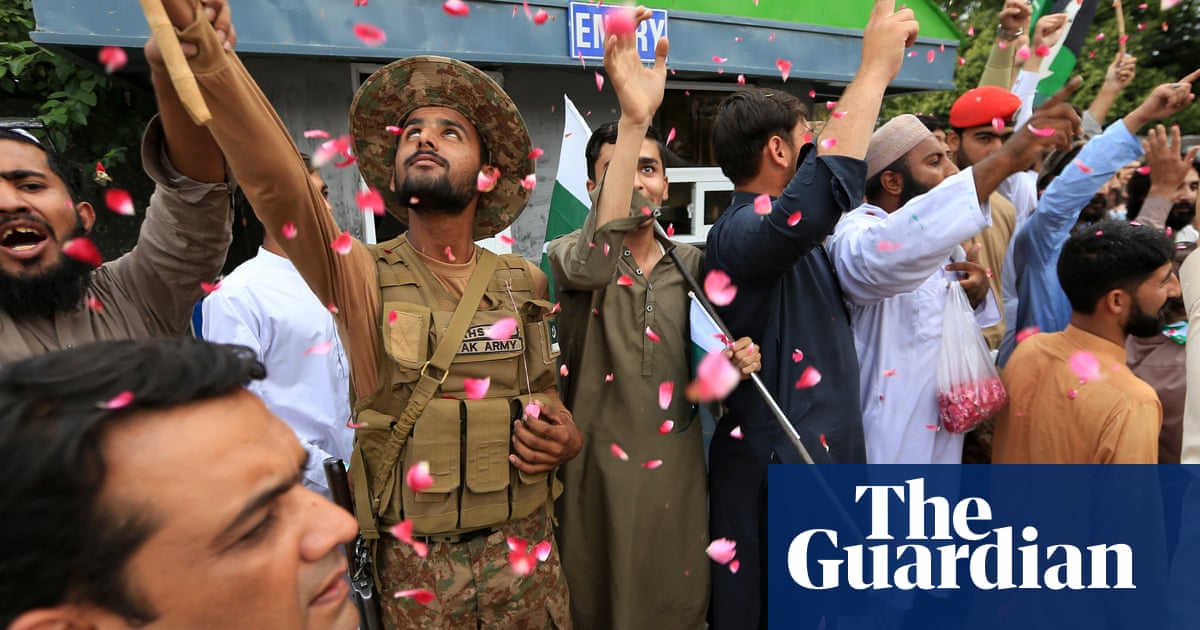
"Indian surface-to-air missiles were already soaring towards Pakistan's most significant military bases when the first call came from the US."
"The agreement was first publicly announced by Donald Trump on his Truth Social platform, although Pakistan said the US president never personally made any calls."
"When India first launched missiles at Pakistan early on Wednesday, the US showed little interest in getting involved. It was only later that they engaged."
"As both sides escalated the conflict, it became clear that leaving nuclear-armed nations to their own devices posed a danger to the world."
In early military confrontations between India and Pakistan, tensions soared rapidly as India launched surface-to-air missiles toward Pakistan, prompted by recent militant attacks in Kashmir. The US, initially disengaged, quickly recognized the danger posed by escalating conflicts between these two nuclear powers and intervened. Over eight hours, US Secretary of State Marco Rubio facilitated negotiations between Pakistan's army chief Gen. Asim Munir and other officials, ultimately leading to a ceasefire. Despite claims of victory from both nations, the diplomatic maneuver underscores the US's critical role as a stabilizing force in regional disputes.
#india-pakistan-conflict #us-diplomacy #ceasefire-negotiations #nuclear-tensions #middle-east-politics
Read at www.theguardian.com
Unable to calculate read time
Collection
[
|
...
]